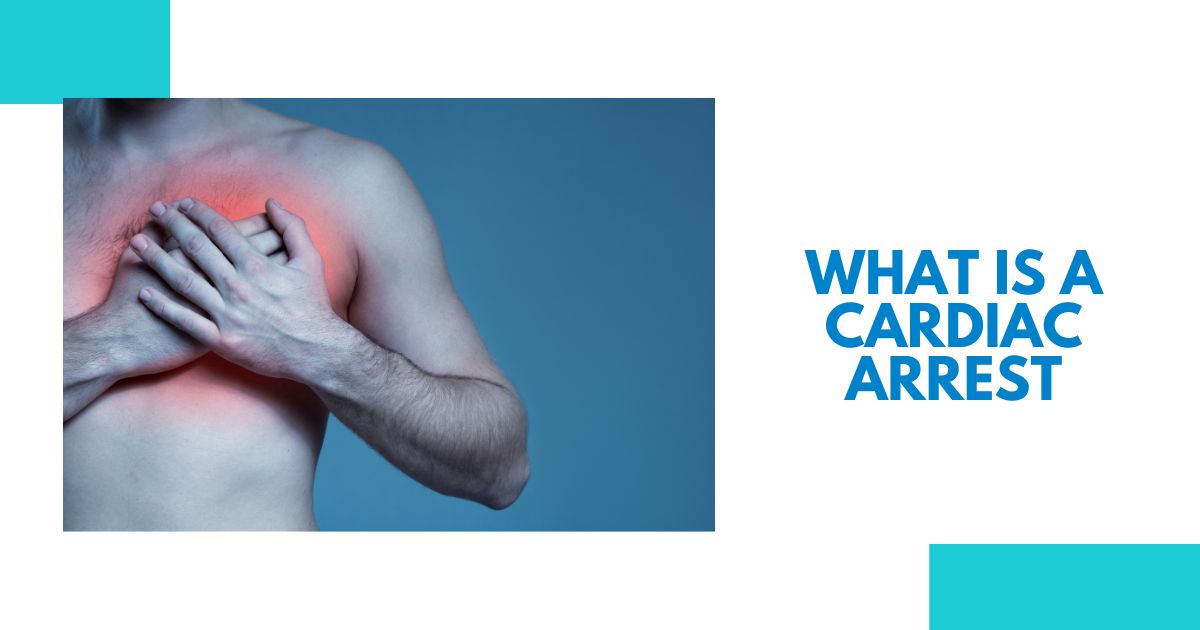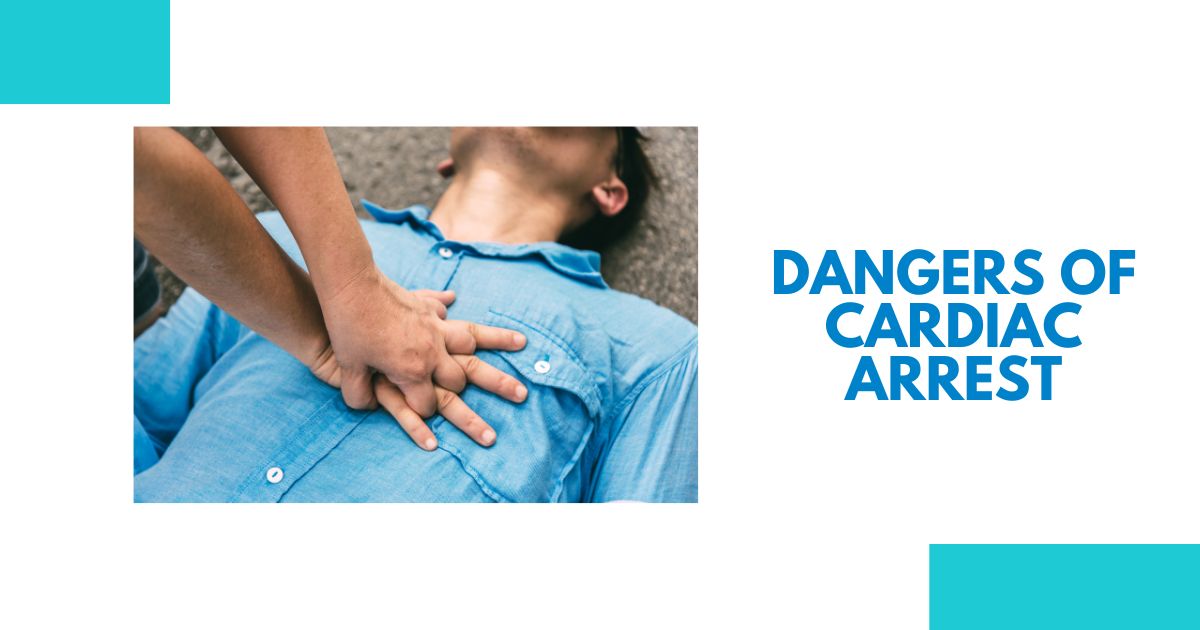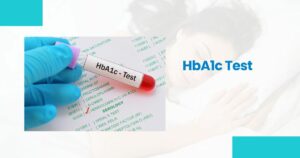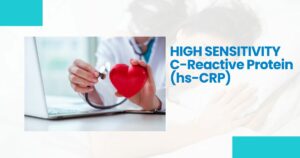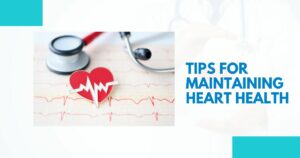What is cardiac arrest
Cardiac arrest is a life-threatening condition that occurs when the heart suddenly stops beating, resulting in the cessation of blood flow to the brain and other vital organs. Without immediate intervention, cardiac arrest can lead to brain damage or death within minutes. In this article, we will discuss the causes, symptoms, prevention, and treatment of cardiac arrest, as well as some of the differences between cardiac arrest and heart attack.
Cardiac Arrest vs. Heart Attack
While cardiac arrest and heart attack are often used interchangeably, they are actually two different conditions. A heart attack occurs when there is a blockage in one or more of the coronary arteries, which supply blood to the heart muscle. This can lead to chest pain, shortness of breath, and other symptoms. However, a heart attack does not necessarily result in cardiac arrest.
Cardiac arrest, on the other hand, occurs when the heart suddenly stops beating. This can happen as a result of a heart attack, but it can also be caused by other factors such as electrolyte imbalances, trauma, drug overdose, or other medical conditions.
Types of Cardiac Arrest
There are several different types of cardiac arrest, including:
- Ventricular fibrillation: This occurs when the heart’s electrical system becomes chaotic, causing the heart to quiver instead of contract.
- Pulseless ventricular tachycardia: This is a rapid heart rhythm that prevents the heart from pumping effectively.
- Asystole: This occurs when the heart stops beating altogether.
- Pulseless electrical activity: This occurs when the heart’s electrical activity appears normal, but there is no pulse or effective heartbeat.
Symptoms
The symptoms of cardiac arrest can vary depending on the cause, but some common signs include:
- Sudden loss of consciousness
- Absence of breathing
- Absence of pulse
- Chest pain or discomfort (in some cases)
- Nausea or vomiting (in some cases)
If you witness someone experiencing cardiac arrest, it is important to call 911 immediately and begin performing CPR if you are trained to do so.
Causes
There are many possible causes of cardiac arrest, including:
- Coronary artery disease: This is the most common cause of cardiac arrest, and it occurs when the coronary arteries become narrowed or blocked by plaque buildup.
- Heart attack: A heart attack can cause the heart to stop beating if the damage to the heart muscle is severe enough.
- Abnormal heart rhythms: Certain heart rhythms, such as ventricular fibrillation, can cause the heart to stop beating.
- Electrolyte imbalances: A disruption in the body’s electrolyte balance can interfere with the heart’s electrical system and cause cardiac arrest.
- Trauma: Trauma to the chest or other parts of the body can lead to cardiac arrest.
- Drug overdose: Certain drugs, such as opioids, can depress the respiratory and cardiac systems, leading to cardiac arrest.
- Other medical conditions: Certain medical conditions, such as heart valve disease or cardiomyopathy, can increase the risk of cardiac arrest.
Risk factors
- Age: The risk of cardiac arrest increases with age.
- Family history: If a family member has had a cardiac arrest or sudden death, there may be an increased risk.
- Smoking: Smoking can damage the blood vessels and increase the risk of coronary artery disease.
- High blood pressure: High blood pressure can damage the heart and increase the risk of cardiac arrest.
- High cholesterol: High cholesterol can lead to plaque buildup in the arteries and increase the risk of cardiac arrest.
- Obesity: Obesity can increase the risk of coronary artery disease and other medical conditions that can lead to cardiac arrest.
Life Expectancy After Cardiac Arrest
Survival rates for cardiac arrest can vary significantly depending on the cause, timing of treatment, and overall health of the patient. According to the American Heart Association, the overall survival rate for out-of-hospital cardiac arrest is only around 10%. However, survival rates can improve significantly with early intervention and prompt treatment.
Immediate CPR and defibrillation can improve the chances of survival and reduce the risk of brain damage. Early treatment with therapeutic hypothermia, a procedure that involves lowering the body’s temperature to reduce the risk of brain damage, may also improve outcomes.
After surviving a cardiac arrest, patients may experience a range of physical and cognitive impairments, depending on the extent of brain damage. Rehabilitation and support from healthcare professionals can help patients regain function and improve their quality of life.
Preventing Cardiac Arrest
While some causes of cardiac arrest, such as genetic factors, cannot be controlled, there are several steps people can take to reduce their risk of cardiac arrest. Here are some strategies for preventing cardiac arrest:
- Adopt a heart-healthy lifestyle: Maintaining a healthy weight, eating a nutritious diet, exercising regularly, and avoiding smoking can all reduce the risk of cardiac arrest and other heart-related problems.
- Manage underlying medical conditions: Conditions such as high blood pressure, high cholesterol, and diabetes can increase the risk of cardiac arrest. Managing these conditions with medication, lifestyle changes, and regular medical checkups can help reduce the risk.
- Learn CPR: Knowing how to perform CPR can help save the life of someone experiencing cardiac arrest.
- Consider implantable cardiac devices: Certain patients with a high risk of cardiac arrest may benefit from implantable devices such as a pacemaker or defibrillator.
If you are interested in checking the health of your heart, you can go visit our online store that offers various cardiac screenings like echocardiograms, cardiology report, stroke scans, electrocardiograms and blood tests.


